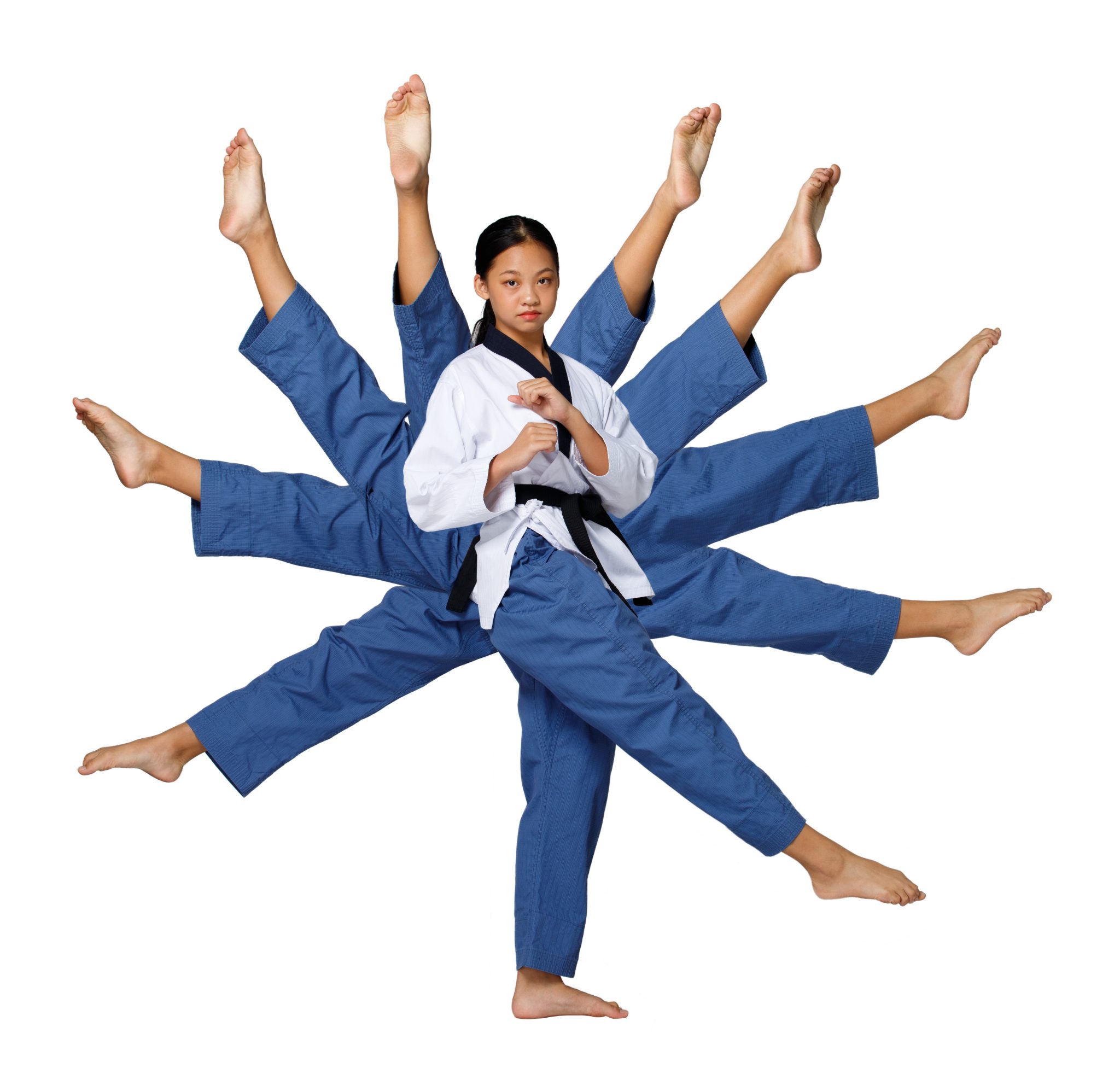If you’re searching for “Taekwondo training near me,” it is one of the best ways to sharpen your mind and body. It teaches you vital self-defense skills and helps elevate every aspect of your life outside the Taekwondo ring.
In this blog, we’ll tell you how Taekwondo can unleash your inner potential and why we are the preferred school for Taekwondo in Kitchener.
The 5 Tenets of Taekwondo
Is it a sport? Is it a means of defense? Is it an art form? It’s all three and more – many believe Taekwondo is a lifestyle. You will learn these are the five tenets when looking for “Taekwondo near me” and enroll in a reputable program. The five tenets of Taekwondo are:
- Courtesy
It requires the person to show courtesy to all, inside and outside the dojang (training area). - Integrity
The person must be able to stand up for what is ethically correct. - Perseverance
The willingness and determination of the person to continue towards their goal against all odds. - Self Control
The person must have control over their actions and their thoughts. - Indomitable Spirit
The person must have strength in spirit, have the courage to stand up for their beliefs, and stay strong no matter what the odds are against them.
These five tenets become guiding lights, not just for practicing Taekwondo Kitchener but for intrinsic values of everyday life.
Introducing Taekwondo Forms
Forms, or Poomsae in Korean, allow a student to practice without the presence of a master. They help improve physical conditioning, focus, and muscle memory. Some forms are:
• Il Jang
• Ee Jang
• Sam Jang
• Sa Jang
• Koryo
• Keumgang
• Taebaek
• Pyongwon
As you search for local “Taekwondo classes near me” and enroll in a program, you will discover that forms keep your moves sharp.
Introducing Taekwondo Blocks
The primary purpose of blocks is to block and deflect attacks. Some examples of blocks are:
• Bada Makgi
• Makgi
• Geodeo Makgi
• Ulgool Makgi
• An Makgi
• Cha Makgi
Introducing Taekwondo Stances
Stances are the foundation of your offensive and defensive moves. Their purpose is to give movement structure and stability. Some examples of stances are:
• Charyot Seogi
• Moa Seogi
• Ap Kubi
• Dwi Kubi
Though most are common, some stances vary across the two global Taekwondo federations: World Taekwondo and the International Taekwondo Federation. The differences come from what the stances are called, the angle of the foot, and the width of the stance.
Introducing Taekwondo Strikes
Taekwondo makes use mostly of leg attacks, primarily featuring kicking. That said, hand-based strikes are used, too.
Some common kicks are:
• Spinning kicks
• Roundhouse kicks
• Crescent kicks
Kicking may be the dominant form of attack, but punches are essential, too. You will learn both how to execute and defend against punches from martial arts classes.
Putting it All Together with Taekwondo Training
Bring all these facets together, and you will become a formidable warrior, able to control yourself and your opponent.
It’s why students from as young as age three to individuals from all walks of life, take Taekwondo classes near them. Taekwondo unlocks your inner strength to help you take charge of your life and strive for success.
Looking for “Taekwondo Training Near Me”?
At 5 Rings Taekwondo in Kitchener, we are proud to have helped over 500 students attain black belts. Start your journey with instructors who have represented Canada in the Olympics, Commonwealth Games, and numerous international competitions.

